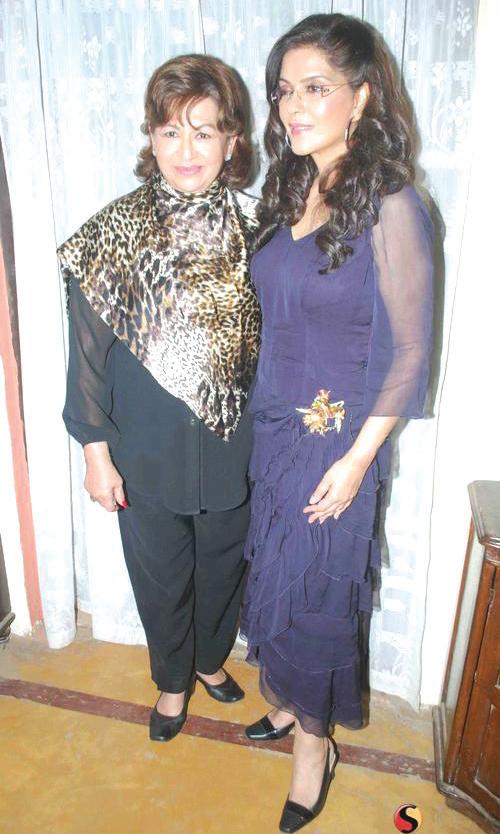
2 minute read
Queer film fest highlights challenges of South Asian GLBT community
from 2010-10 Melbourne
by Indian Link
Satrang Film Festival may be a little late in celebrating the repeal of Section 347 - a colonial-era Indian law that made homosexuality punishable by up to 10 years in prison as a crime against nature - but was neverthless a well cosidered and thoughtful selection of films.
The 4-day fest, spread over 2 weekends brought together a good mix of popular Bollywood films, international features, short films as well as documentaries exploring the particular challenges faced by the South Asian GLBT community. With films representing a range of nations - US, UK, Australia, India and Nepal - the fest truly brought the vibrant mix of voices to which the festival’s name aspires.
The festival began with the film that has been touted as India’s answer to Brokeback Mountain - Dunno Y… Na Jaane Kyun. The film was much publicised in the Indian media for its portrayal of a gay kiss, but was also considered by Ashok Row Kavi, editor of Bombay Dost, India’s first gay magazine, as being a thought-provoking portrayal. He told the Guardian, “It talks of the complexities [of being gay] in India. Taboos are still very strong and hopefully it will change things.” The film featured some big names, including
Helen, Zeenat Aman and Aryan Vaid, and even Lata Mangeshkar lent her voice to a song for the film. The film’s leading starsKapil Sharma and Yuvaraaj Parashar were also at the festival for a post-screening Q&A session.
Speaking on Indian Link Radio with presenter Sagar Mehrotra, the film’s stars described the film as a simple love story. Yuvraaj, an Agra boy, described going to Mumbai’s gay parties to learn the nuances and get a feel for the character he would be playing. Not gay himself in real life, he had hesitated in taking on the role, but surprisingly, it was his father who egged him in: “You’re an actor,” he told his son, “Play it like any other role”.
Of course, the role landed in his lap after many mainstream Bollywood stars tuned it down. “They will readily play the roles of terrorists,” Yuvraaj lamented, “but will hesitate to even consider playing a gay man”.
Kapil, also the writer of the film, revealed that some stars had agreed to do the role, on the condition that the crucial 90-second kiss scene would be scrapped. But he stuck to his guns. In fact, both actors revealed that it was difficult to do the scene, but it turned out alright in the end. The double standards issues - from women’s sexuality, to their status in society, and attrocities of an apartheid society in 1950’s South Africa. I Can’t Think Straight, in contrast was a glossy tale of love between a rich Palestinian woman and a British Indian woman.
68 Pages, a hard-hitting film, uncovered 3 stories of pain and fear, humiliation and rejection of a sex worker, a gay man and a transsexual bar dancer.
The issue of homosexuality and parental pressure was dealt with some humour in the short film, Mr & Mrs Singh - a take on the Brad Pitt-Angelina Jolie blockbuster, Mr & Mrs Smith. Like Brangelina, the couple in this film also have much to hide from each other, but their secrets are of a different kind.
Some of the films in the festival lacked the power of strong narrative or good filmmaking techniques, but were interesting nontheless, especially the two focusing on the struggle in Nepal for the recognition of a third gender by the government, Struggle Within and Other Nature
The festival, supported by ACON, is certainly a valiant effort to bring South Asian GLBT stories from around the world to audiences in Sydney.
Shivangi Ambani-Gandhi








